Professor Michael Vastine joined the faculty of St. Thomas University College of Law in 2004, where he is a tenured professor of law and Director of the Immigration Clinic. A frequent conference speaker and author, he is also a leader of the immigration bar, with extensive service within the American Immigration Lawyers Association (AILA). From 2011-20, he was elected to serve on the AILA South Florida Chapter Board of Directors, including a term as Chair of the Chapter. Professor Vastine’s AILA national-level service includes multiple terms on the Federal Litigation Section Steering Committee, Annual Conference Planning Committee, and Amicus Curiae Committee. His impact litigation principally relates to immigration and crimes, including the lead case at the Florida Supreme Court establishing the constitutional rights of immigrant defendants to effective representation by their criminal counsel, and multiple cases at the U.S. Court of Appeals for the Eleventh Circuit delineating the immigration consequences of Florida convictions involving controlled substances. Additionally, he has represented AILA and other community-based organizations, as amicus curiae counsel, in forums ranging from the Board of Immigration Appeals to the U.S. Supreme Court, in matters including the constitutional limits of indefinite detention of immigrants, the due process rights of the physically deported, and the immigration consequences of state crimes. In 2013, Professor Vastine received the AILA (National) Elmer Fried Award for Excellence in Teaching.
Federal Anti-Trafficking Laws
The Trafficking Victims Protection Act (TVPA) of 2000 is the first comprehensive federal law to address trafficking in persons. The TVPA provides a three-pronged approach that includes prevention, protection, and prosecution. Since 2000, the TVPA has been reauthorized and updated as federal law continues to address trafficking in persons.
- Victims of Trafficking and Violence Protection Act (TVPA) of 2000 (Oct. 28, 2000)
- Trafficking Victims Protection Reauthorization Act (TVPRA) of 2003 (Dec. 19, 2003)
- Trafficking Victims Protection Reauthorization Act of 2005 (Jan. 10, 2006)
- William Wilberforce Trafficking Victims Protection Reauthorization Act of 2008 (Dec. 23, 2008)
- Trafficking Victims Protection Reauthorization Act of 2013 (Title XII of the Violence Against Women Reauthorization Act of 2013) (Mar. 7, 2013)
- Preventing Sex Trafficking and Strengthening Families Act of 2014 (Sept. 29, 2014)
- Justice for Victims of Trafficking Act (JVTA) of 2015 (May 29, 2015)
- Abolish Human Trafficking Act of 2017 (Dec. 21, 2018)
- Trafficking Victims Protection Act of 2017 (Dec. 21, 2018)
- Frederick Douglass Trafficking Victims Prevention and Protection Reauthorization Act of 2018 (Jan. 8, 2019)
- Trafficking Victims Protection Reauthorization Act of 2017 (Jan. 9, 2019)
Current federal laws addressing human trafficking:
- 18 U.S.C. § 1581 – Peonage
- 18 U.S.C. § 1583 – Enticement into slavery
- 18 U.S.C. § 1589 – Forced labor
- 18 U.S.C. § 1590 – Trafficking with respect to peonage, slavery, involuntary servitude, or forced labor
- 18 U.S.C. § 1591 – Sex trafficking and obstruction or interference
- 18 U.S.C. § 1592 – Document servitude
- 18 U.S.C. § 1594 – Attempt and conspiracy
- 18 U.S.C. § 2422 – Using mail or computer to induce minor to engage in prostitution
- 18 U.S.C. § 2423 – Interstate transportation of minor for any sexual activity
- 18 U.S.C. § 2424 – Travel with intent to engage in illicit sexual conduct with minor
Florida Law
Florida Statutes
- F.S. § 16.617 – Statewide Council on Human Trafficking; creation; membership; duties
- F.S. § 16.618 – Direct-support organization
- F.S. § 119.071(2)(h) – General exemptions from inspection or copying of public records – agency investigations
- F.S. § 409.1678 – Specialized residential options for children who are victims of commercial sexual exploitation
- F.S. § 409.1754 – Commercial sexual exploitation of children; Screening and assessment; Training; Multidisciplinary staffings; Service plans
- F.S. § 450.021 – Minimum age; General [adult clubs]
- F.S. § 450.045(3) – Proof of identity and age; Posting of notices
- F.S. § 456.0341 – Requirements for instruction on human trafficking [Health Professionals]
- F.S. § 464.013(3)(c) – Renewal of license or certificate [nursing continuing education on human trafficking]
- F.S. § 480.043 – Massage establishments; requisites; licensure; inspection; human trafficking awareness training and policies
- F.S. § 480.046 – Grounds for disciplinary action by the board [Massage Practice]
- F.S. § 509.096 – Human trafficking awareness training and policies for employees of public lodging establishments; enforcement
- F.S. § 772.104 – Civil cause of action
- F.S. § 775.15(19) – Time Limitations; General Time Limitations; Exceptions
- F.S. § 787.06 – Human trafficking forced labor or services
- F.S. § 787.07 – Human smuggling
- F.S. § 787.29 – Human trafficking public awareness signs
- F.S. § 794.011 – Sexual battery
- F.S. § 796.001 – Procuring person under 18 for prostitution
- F.S. § 796.04 – Forcing compelling, or coercing another to become a prostitute
- F.S. § 796.05 – Deriving support from the proceeds of prostitution
- F.S. § 796.06 – Renting space to be used for lewdness, or prostitution
- F.S. § 796.07 – Prohibiting prostitution
- F.S. § 827.03 – Abuse, aggravated abuse and neglect of a child
- F.S. § 827.04 – Contributing to the delinquency or dependency of a child
- F.S. § 847.013 – Exposing minors to harmful motion pictures, exhibitions, shows, presentations, or representations
- F.S. § 847.0145 – Selling or buying minors
- F.S. § 895.02(8)(a)(26) – Definitions [Racketeer Influenced and Corrupt Organization (RICO)]
- F.S. § 943.0433 – Soliciting for Prostitution Public Database
- F.S. § 943.0583 – Human trafficking victim expunction
- F.S. § 943.17297 – Continuing employment training in identifying and investigating human trafficking
- F.S. § 960.196 – Relocation assistance for victims of human trafficking
Additional Florida Laws, Rules & Regulations
- House Resolution 157 (Fla. 2018) – Public Health Risk Created by Pornography: Recognizes public health risk created by pornography and acknowledges need for education, prevention, research, and policy change to protect citizens of Florida
- Florida Administrative Code, Rule 6A-1.094123 – Child Trafficking Prevention Education
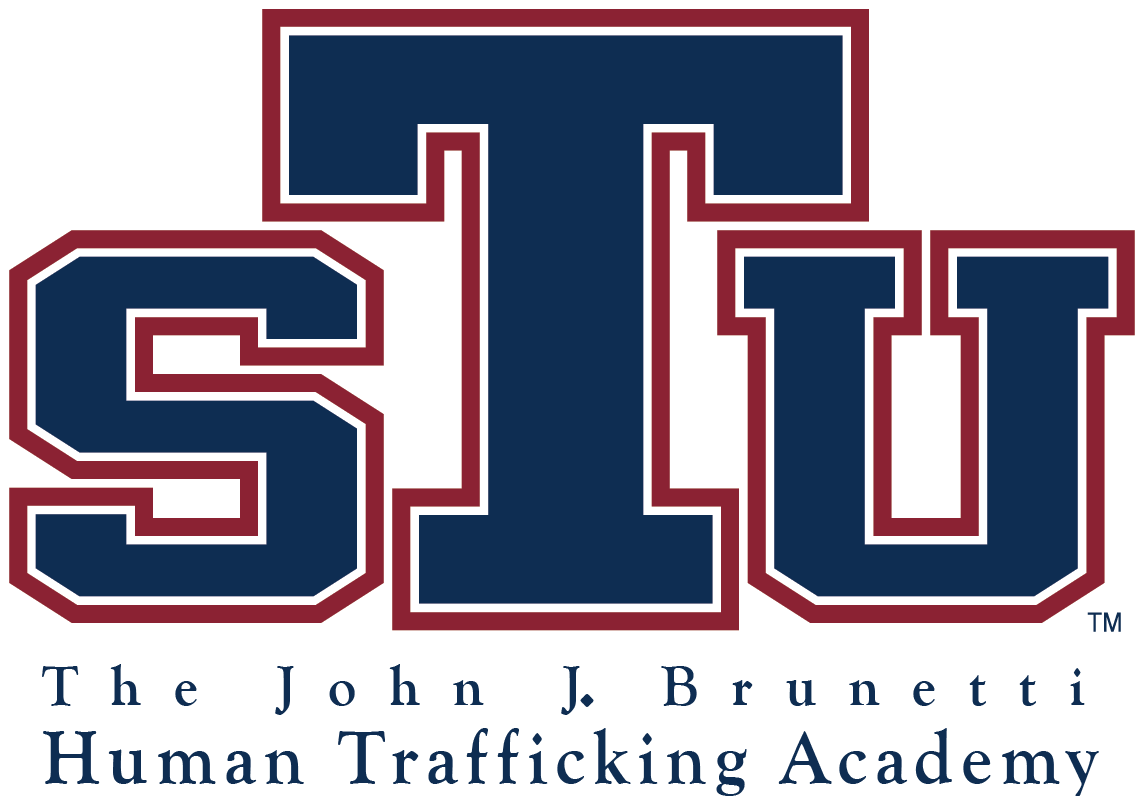



 Prof. Dr. Roza Pati
Prof. Dr. Roza Pati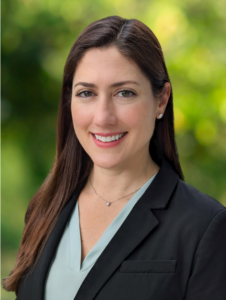

 Professor Brendan M. Conner
Professor Brendan M. Conner  Professor Linh K. Dai
Professor Linh K. Dai



 The Honorable Bella Hounakey
The Honorable Bella Hounakey
 The Honorable Harold D’Souza
The Honorable Harold D’Souza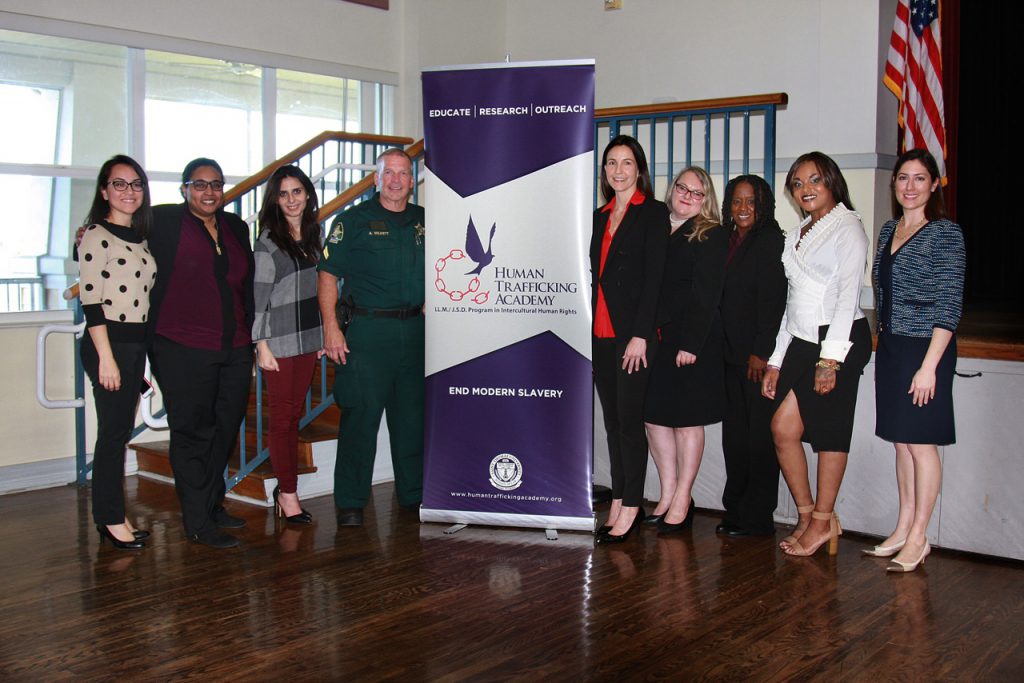
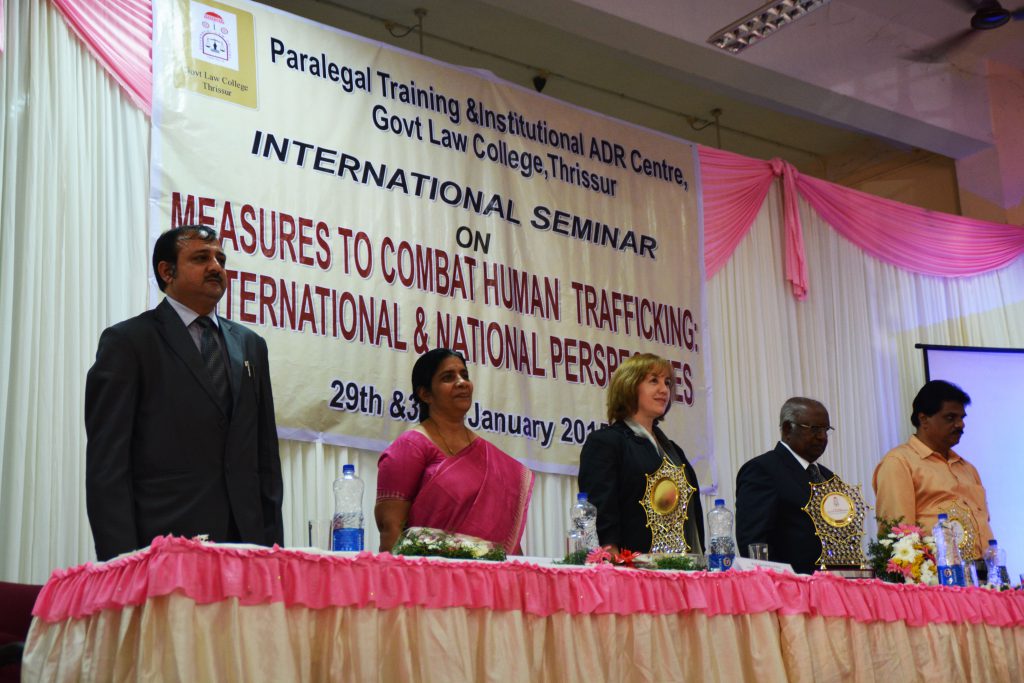
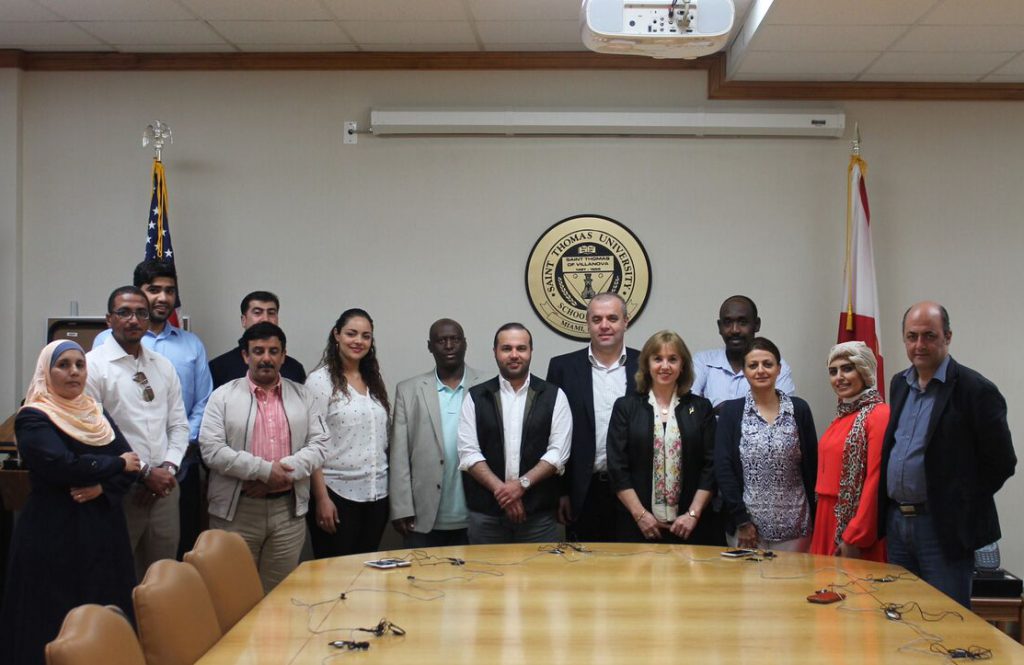
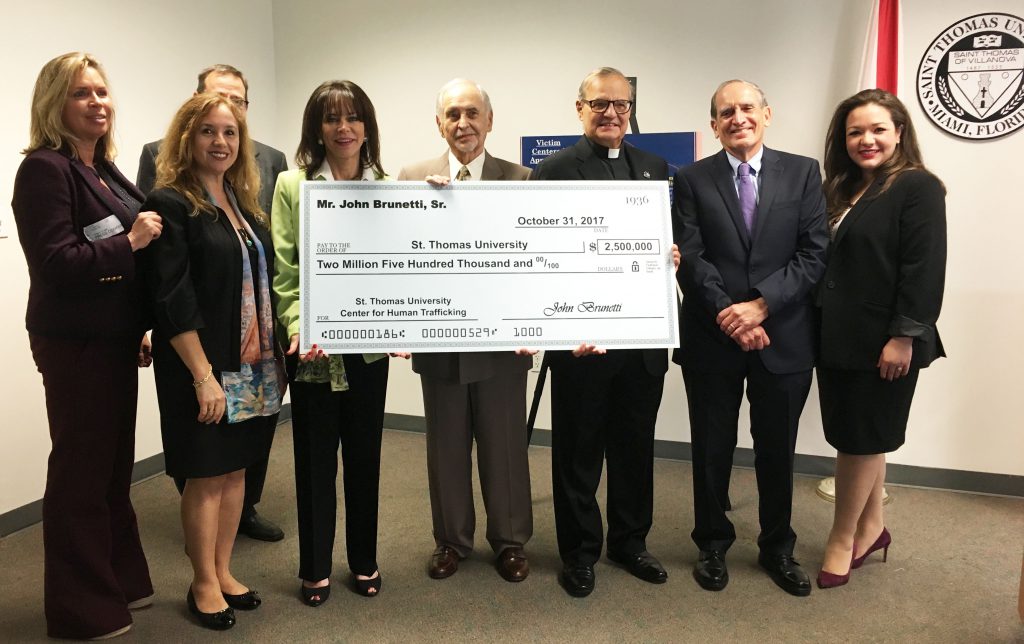
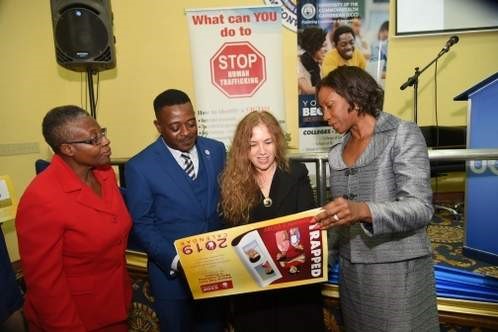
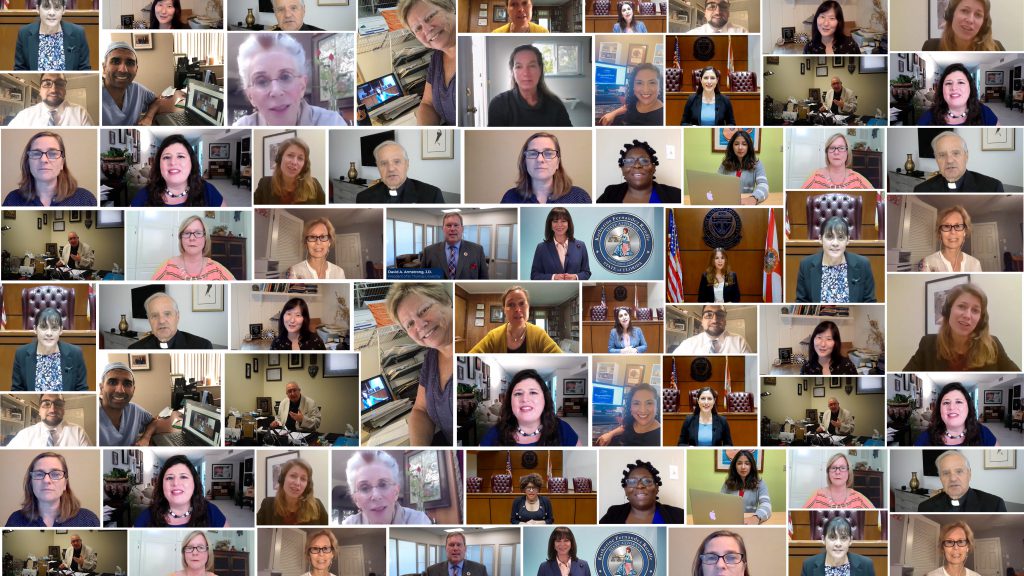

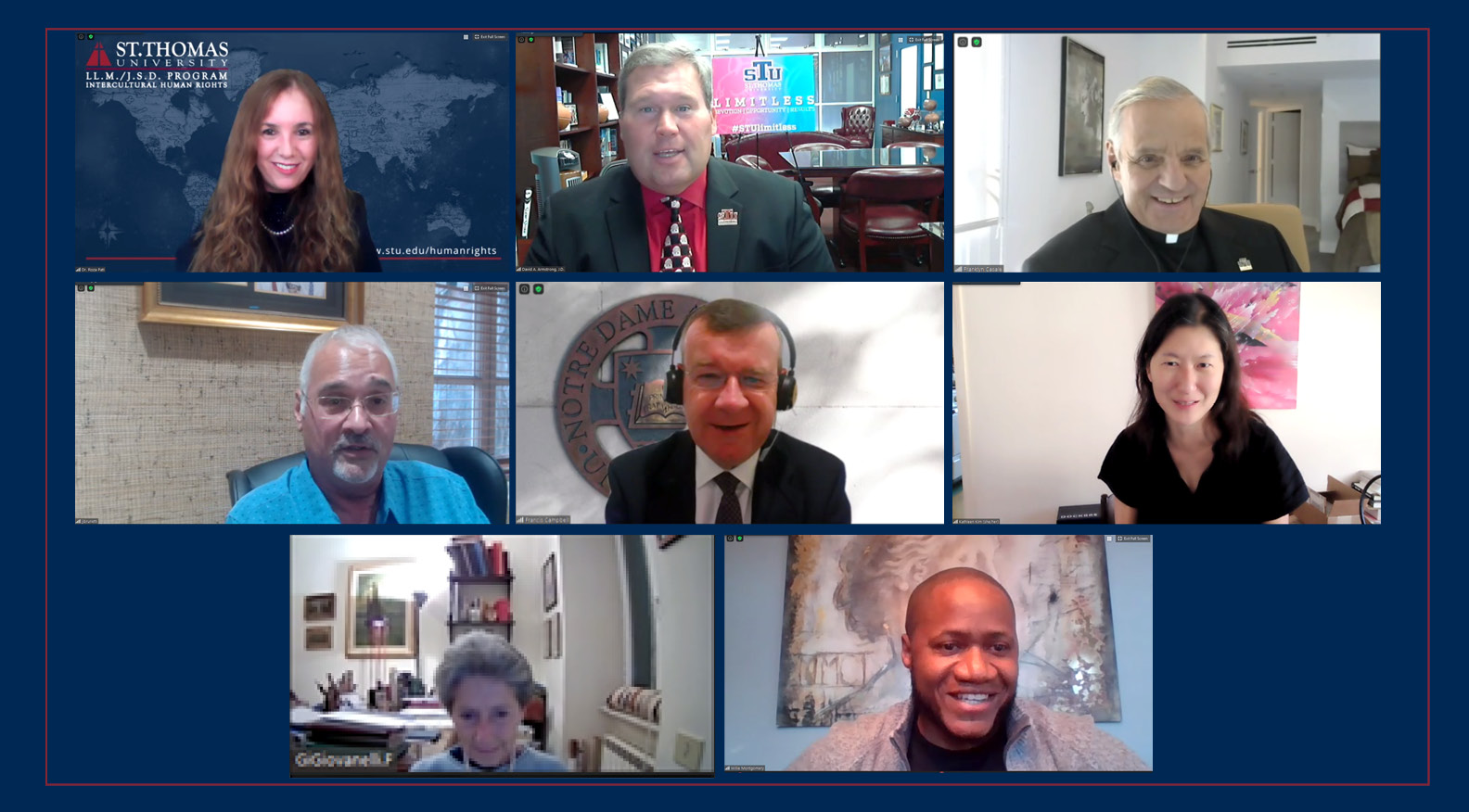
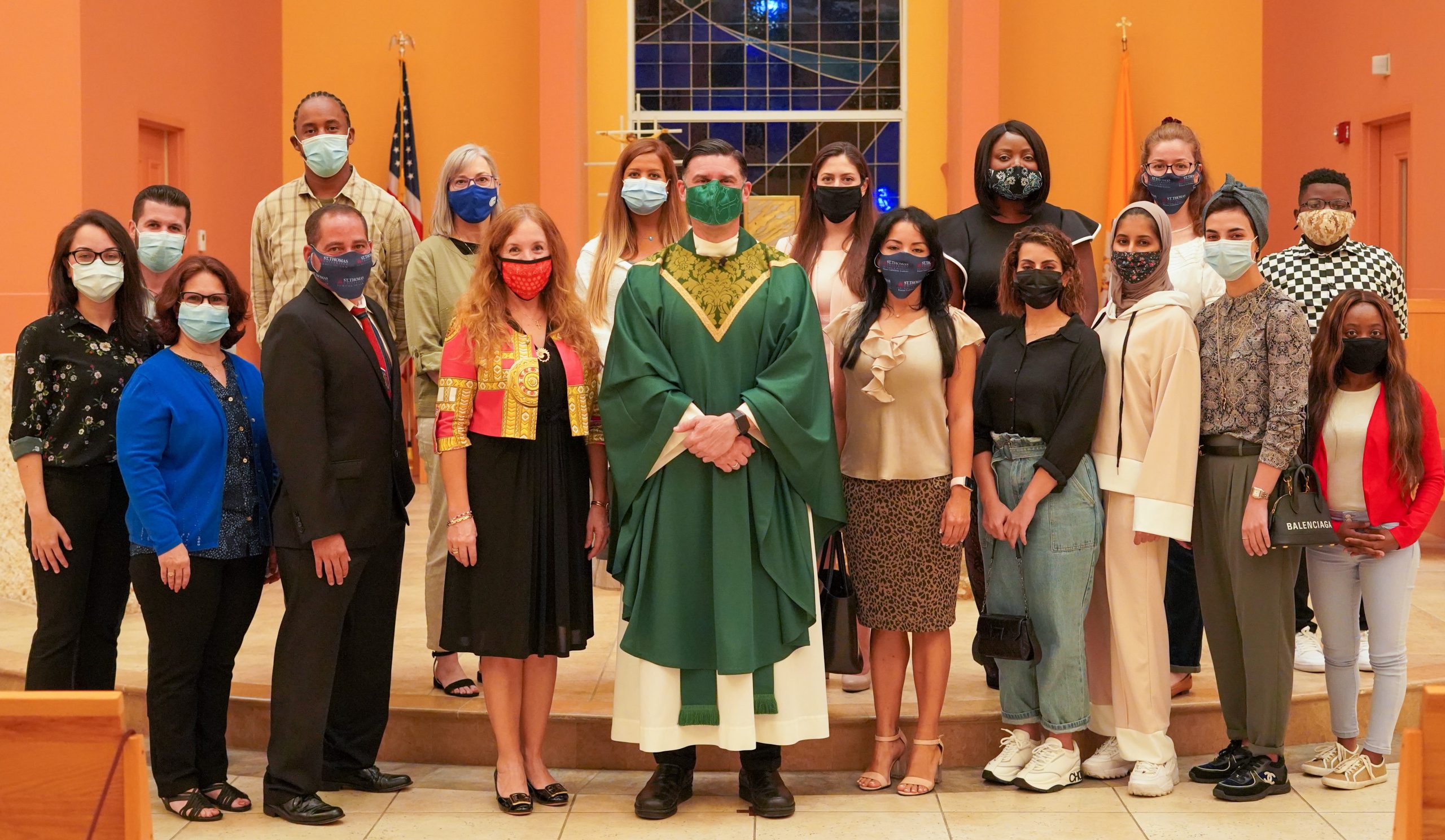
 Ramona D. Miller
Ramona D. Miller Detective Krysten Ridenour
Detective Krysten Ridenour
 The Honorable Amira D. Fox
The Honorable Amira D. Fox Juliana Diaz, LMHC
Juliana Diaz, LMHC Crystal Lee Hamilton
Crystal Lee Hamilton Erika Pineros, LMHC
Erika Pineros, LMHC M. Kazam Hashimi
M. Kazam Hashimi
 Maryem Reyes
Maryem Reyes
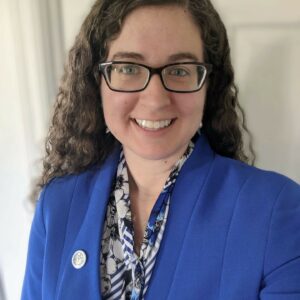 Jennifer Reyes Lay
Jennifer Reyes Lay Sloane Davidson
Sloane Davidson
 Ana I. Vallejo, Esq.
Ana I. Vallejo, Esq.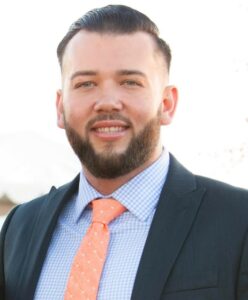 The Honorable Suamhirs Piraino-Guzman
The Honorable Suamhirs Piraino-Guzman Caroline Chisholm
Caroline Chisholm Imelda Medina, MD, MPH
Imelda Medina, MD, MPH
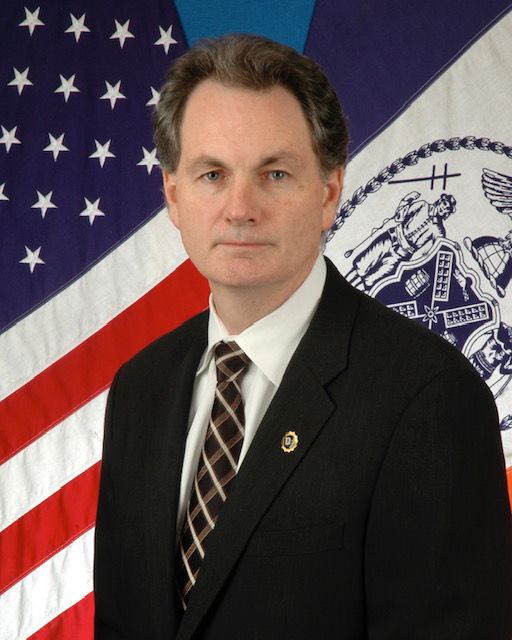
 Kutisha T. Ebron
Kutisha T. Ebron The Honorable Kwami Adoboe-Herrera
The Honorable Kwami Adoboe-Herrera Rebekah Charleston
Rebekah Charleston
 Maria Florencia Cornu Laport, Esq.
Maria Florencia Cornu Laport, Esq.





 Maria Vega
Maria Vega




 Gabriela DeBellis
Gabriela DeBellis Lerina Bright
Lerina Bright

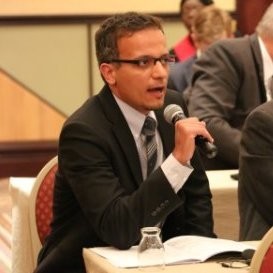

 Ronke Giwa Onafuwa
Ronke Giwa Onafuwa

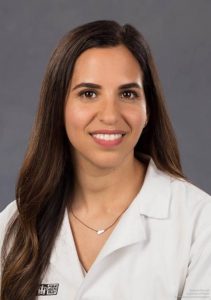


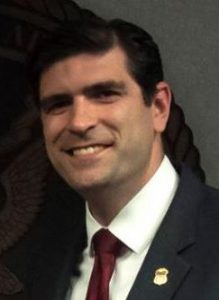

 Myriam Mézadieu
Myriam Mézadieu Thear Suzuki
Thear Suzuki Mary Anne Silvestri
Mary Anne Silvestri

 Susan Patterson
Susan Patterson Jordan Bruxvoort
Jordan Bruxvoort